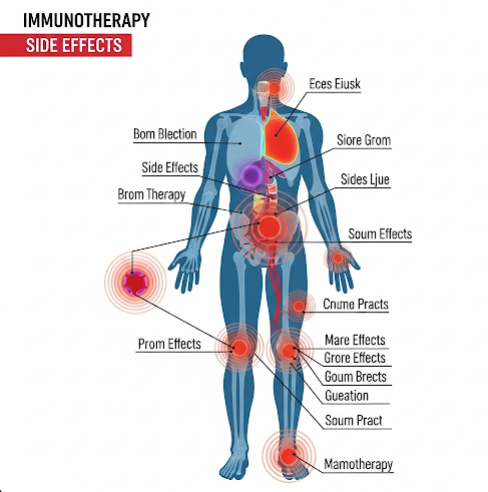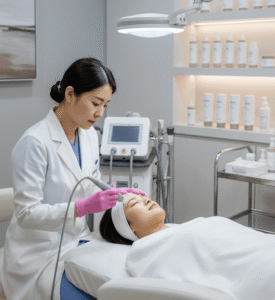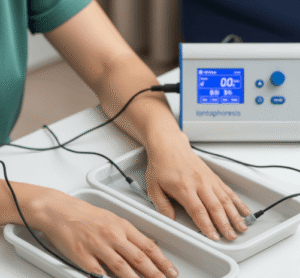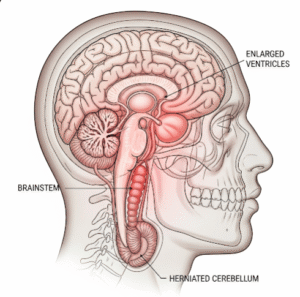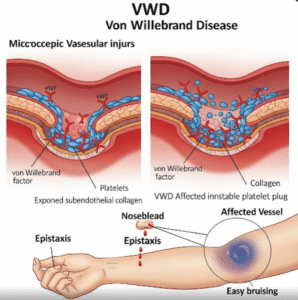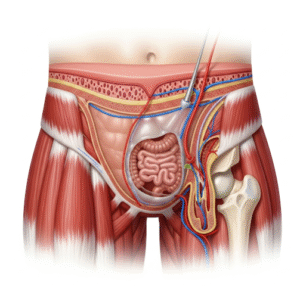Overview
Immunotherapy is a cutting-edge treatment that enhances or modulates the body’s immune system to fight diseases, especially cancer and certain autoimmune disorders. While immunotherapy has revolutionized medicine with remarkable success in treating conditions like melanoma, lung cancer, and lymphoma, it can also cause a range of side effects due to its powerful immune activation. In Korea, leading oncology centers offer comprehensive immunotherapy treatments coupled with expert management of side effects to optimize patient outcomes and quality of life.
What is Immunotherapy?
Immunotherapy involves the use of substances that stimulate or restore the immune system’s ability to detect and destroy cancer cells or regulate immune responses. These include immune checkpoint inhibitors, CAR-T cell therapy, monoclonal antibodies, cancer vaccines, and cytokines. Despite its benefits, immunotherapy can lead to immune-related adverse events (irAEs) as the activated immune system may attack normal tissues.
Symptoms (Side Effects)
- Fatigue and weakness
- Skin reactions such as rash, itching, and vitiligo
- Flu-like symptoms including fever, chills, and muscle aches
- Gastrointestinal issues: diarrhea, nausea, vomiting, colitis
- Endocrine disorders: thyroid dysfunction, adrenal insufficiency, diabetes
- Respiratory symptoms: cough, shortness of breath, pneumonitis
- Liver inflammation (hepatitis)
- Neurological symptoms: headache, neuropathy, inflammation of nerves or brain
- Rare but severe autoimmune reactions affecting heart, kidneys, or other organs
Causes
- Overactivation of the immune system targeting not only cancer cells but also healthy tissues
- Individual genetic and immune response variability
- Combination therapies increasing immune stimulation
Risk Factors
- Pre-existing autoimmune diseases
- Combination of multiple immunotherapy agents
- Older age or compromised organ function
- History of immune-related side effects with prior treatments
Complications
- Severe inflammation requiring hospitalization
- Organ damage from autoimmune reactions
- Interruptions or discontinuation of cancer therapy
- Long-term endocrine deficiencies requiring lifelong management
Prevention
- Careful patient selection and baseline assessment of organ functions
- Close monitoring during treatment for early detection of side effects
- Patient education to report symptoms promptly
- Use of immunosuppressive medications when necessary to control severe irAEs
Treatment Options in Korea
Diagnosis
- Routine blood tests and organ function monitoring during immunotherapy
- Imaging studies to detect inflammation in organs
- Biopsy of affected tissues in unclear cases
Medical Treatments
- Corticosteroids as first-line treatment for many immune-related side effects
- Immunosuppressive agents such as infliximab or mycophenolate for steroid-refractory cases
- Symptomatic treatments: anti-diarrheals, thyroid hormone replacement, pain management
- Temporary or permanent discontinuation of immunotherapy depending on severity
Surgical or Advanced Therapies
- Rarely needed; surgery may be required for complications like bowel perforation due to colitis
Rehabilitation and Support
- Multidisciplinary team care involving oncologists, immunologists, endocrinologists, and other specialists
- Psychological support and counseling for coping with side effects
- Physical therapy and rehabilitation for neurological complications
Top Hospitals or Clinics in Korea
- Samsung Medical Center – Cancer Immunotherapy Program
- Seoul National University Hospital – Oncology and Immunology Departments
- Asan Medical Center – Comprehensive Cancer Center
- Yonsei Severance Hospital – Immuno-oncology Clinic

